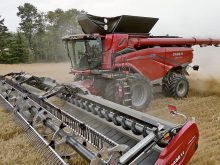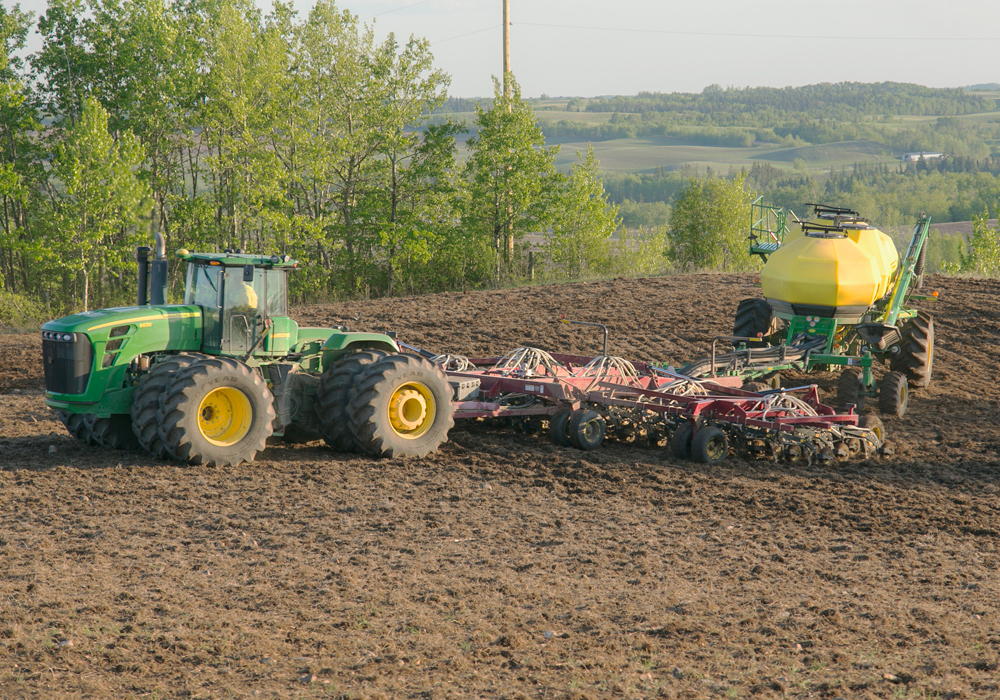More signs are emerging that Europe may soften its zero tolerance stance toward unapproved genetically modified crops.
“It is our understanding that there is a proposed policy on this that has been developed within DG Sanco (Europe’s director general of health and consumer affairs),” said Dennis Stephens, consultant with the Canada Grains Council.
The health agency has not formally introduced the policy, so nobody knows exactly what it contains.
However, Stephens said he thinks the proposal would be to shift to a 0.1 percent tolerance level for unapproved GM crops from 0.01 percent. He also thinks the new policy would recognize the uncertainty of current testing methods, where one sample from a grain shipment could test positive while another tests negative.
Read Also

August rain welcome, but offered limited relief
Increased precipitation in August aids farmers prior to harvest in southern prairies of Canada.
That is consistent with comments made last fall by Mariann Fischer Boel, then European commissioner for agriculture and rural development.
“As soon as we can, we must also push ahead with our discussions on how to deal with very small unwanted traces of GMOs that are found in shipments,” she said in a speech she made Oct. 15.
“I’m not talking about ending our policy of zero tolerance in this area. That is out of the question,” she said.
“What I’m talking about is applying this principle in a way that works in practice, with a technical threshold for measurement.”
Stephens said such a change would remove many trade irritants, but he warned that the policy being developed behind closed doors is a long way from implementation.
“All the ducks have to be lined up right in order for it to actually move ahead,” he said.
Other observers agreed that it could be a long time before Europe changes its mind on this contentious political issue.
“We don’t see Europe moving off their current tolerance policy for a while,” said Danita Murray, director of public policy with the U.S. National Corn Growers Association.
The Flax Council of Canada has said the most logical and quickest way to restore trade with the industry’s biggest customer in the wake of a GM flax contamination incident is for Europe to create new regulations allowing for low level presence of unapproved GM crops.
Europe’s refusal to compromise has caused mounting headaches for exporters of North American crops and the European buyers who rely on them. A shipment can be rejected for containing one rogue GM seed out of 10,000.
Europe’s strict tolerances have become more of an issue because of more sophisticated testing methods. Modern labs can identify one seed out of 40,000.
Stephens knows of U.S. soybean shipments that European importers have refused for containing dust from an unapproved GM corn crop. These types of events are causing unrest in Europe’s agriculture industry.
“Companies are going bankrupt and people are getting unemployed because of that. It’s a pretty tough situation,” he said.
A coalition of some of Europe’s leading crusher, feed manufacturer, agricultural trade and general farm groups are pushing politicians for faster European approval of GM crops and more workable tolerance levels.
“There is, without question, increasing concern within Europe that some of these policies are causing Europe to suffer,” Stephens said.















